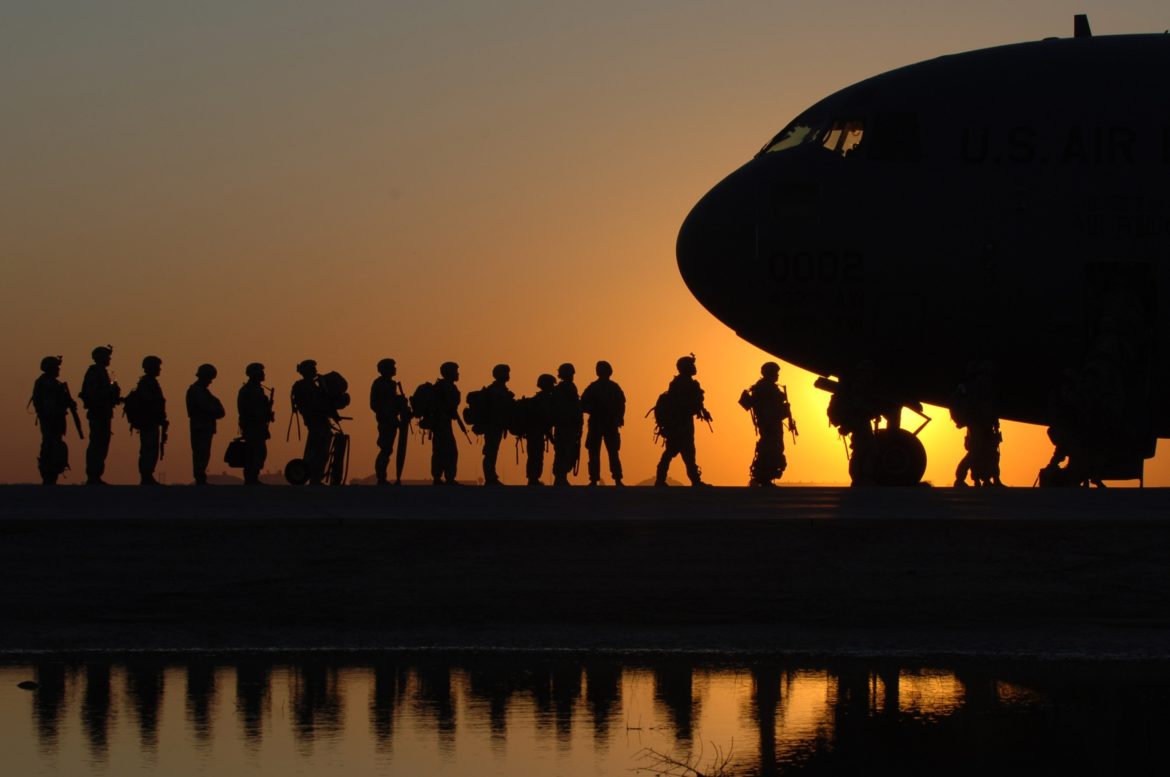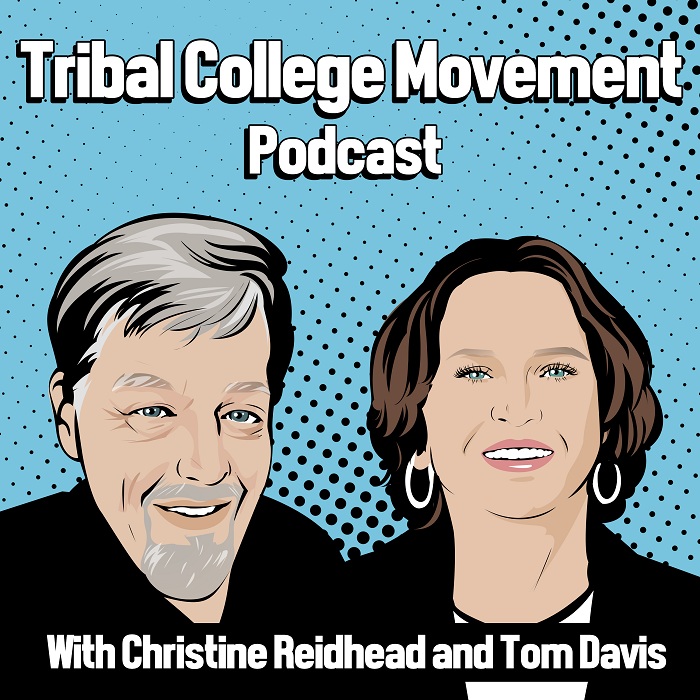The Russia-Ukraine war, also known as the Russo-Ukrainian War, started in 2014 when Russia annexed Crimea, a Ukrainian territory bordering the Black Sea. The annexation was widely condemned by the international community, and Ukraine responded by implementing economic sanctions on Russia. The situation escalated into a military conflict when Russian-backed separatists in eastern Ukraine declared independence, leading to a violent conflict between Ukrainian government forces and separatist fighters.
The fighting has resulted in the deaths of more than 13,000 people and has caused a humanitarian crisis in eastern Ukraine. The conflict has also led to significant political and social upheaval in Ukraine, and the country has been in a state of political turmoil since the conflict began.
The war has been characterized by accusations of Russian military involvement, which Russia continues to deny. However, substantial evidence supports that the Russian military has been providing arms, troops, and other support to separatist rebels in Ukraine.
Attempts at resolving the conflict have been ongoing, but a peaceful resolution has been elusive. The Minsk agreements, which were signed in 2015, aimed to end the fighting, but the conflict has continued to escalate, and the agreements have been repeatedly violated. The situation has been further complicated by the COVID-19 pandemic, which has caused additional challenges to humanitarian aid efforts in the region.
The conflict has important geopolitical implications, with Russia seeking to maintain its influence in the region and Ukraine seeking to maintain its independence and sovereignty. The war has also impacted relations between Europe, the United States, and Russia, with many countries imposing economic sanctions on Russia as a result of its actions in Ukraine.




